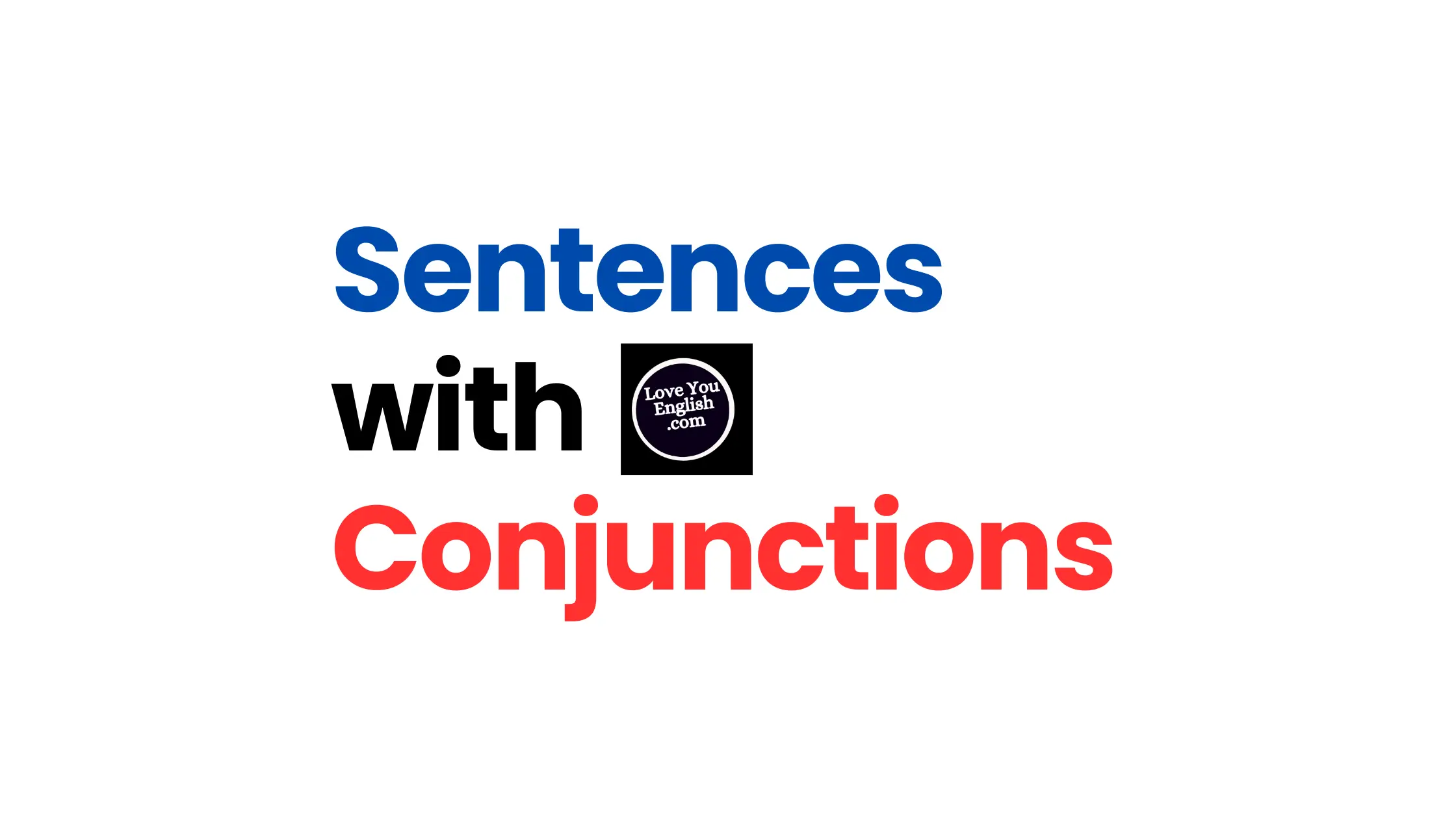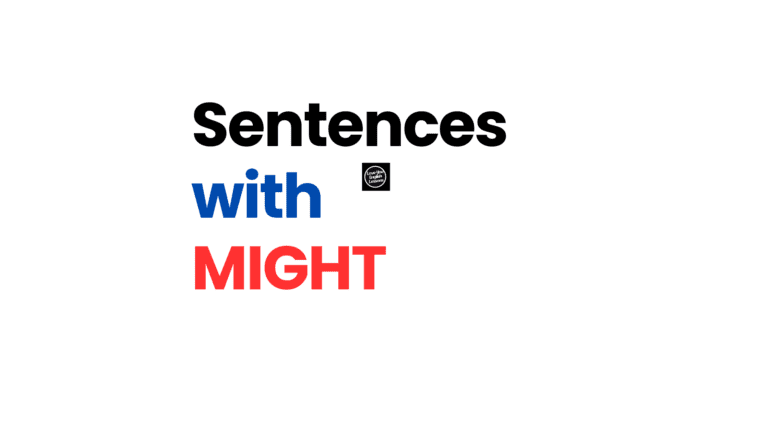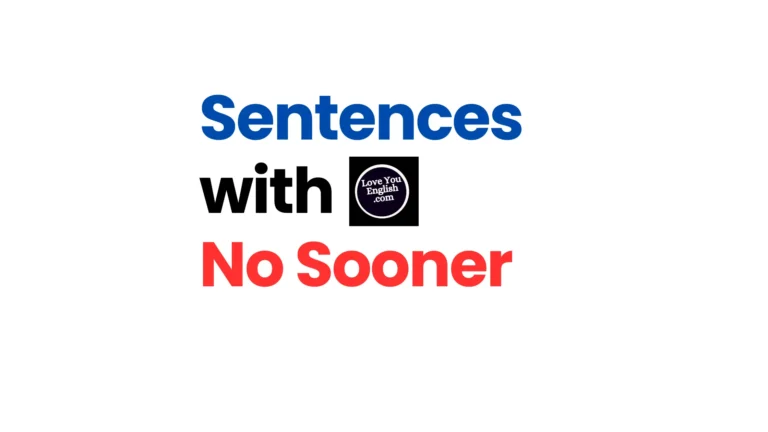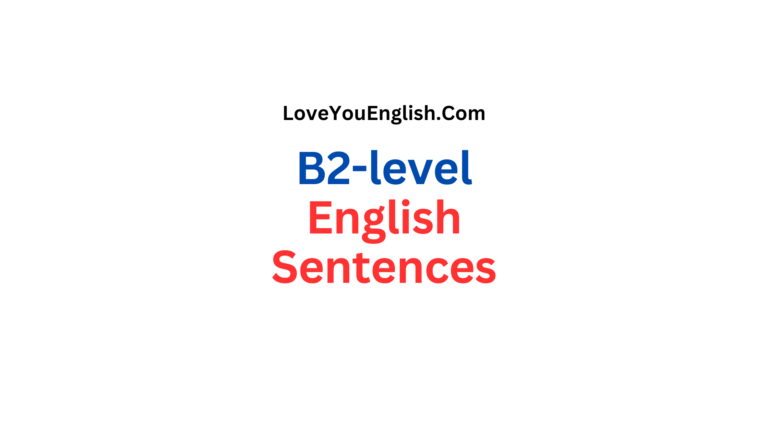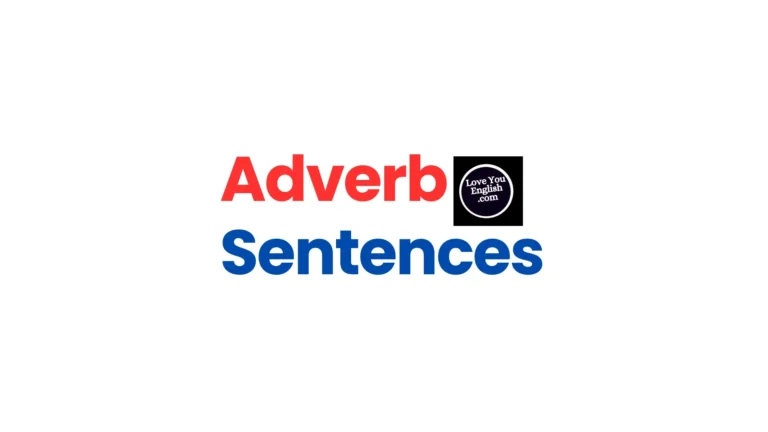English Sentences with Conjunctions
English Sentences with Conjunctions
Hello everyone!
Today, we’re going into the wonderful world of conjunctions.
You might have heard of them in your English class or seen them pop up in your favorite novels, but do you know how to use them effectively in your own writing?
Fear not, because by the end of this blog, you’ll be a conjunction pro!
What Are Conjunctions?
Let’s start with the basics.
Conjunctions are words that join together clauses, phrases, or words in a sentence.
They act as the glue that holds our thoughts together, allowing us to express complex ideas and relationships between different parts of a sentence.
Let’s look at a few conjunctions:
and / but / or / nor / for / yet / so / because / although / since / while / when / if / unless / until / whether / than / as / after / before
There are three main types of conjunctions:
Coordinating Conjunctions: These are the simplest and most common conjunctions. Think of the acronym FANBOYS – For, And, Nor, But, Or, Yet, So. They connect words, phrases, or independent clauses of equal importance.
Example: “I wanted to go to the party, but I had too much homework.”
Subordinating Conjunctions: These conjunctions introduce subordinate clauses, which cannot stand alone as complete sentences. They show the relationship between the dependent clause and the independent clause.
Example: “Because it was raining, we decided to stay indoors.”
Correlative Conjunctions: These conjunctions come in pairs and connect words or groups of words that have equal weight in the sentence.
Example: “Either we go to the beach today, or we stay home and watch movies.”
When to Use Conjunctions
Now that we know the different types of conjunctions, let’s explore when to use them in our writing:
Connecting Ideas: Conjunctions are essential for connecting related ideas in a sentence. They help create flow and coherence, guiding the reader through your thoughts smoothly.
Example: “I love hiking in the mountains, and I enjoy camping under the stars.”
Showing Contrast: Conjunctions can also be used to highlight differences or contrasts between ideas.
Example: “She’s shy, but her brother is outgoing.”
Expressing Cause and Effect: Subordinating conjunctions are handy for indicating why something happened or its consequences.
Example: “Since it was getting late, we decided to leave early.”
Offering Choices: Correlative conjunctions are perfect for presenting alternatives or choices.
Example: “You can either study for your exam or relax and watch TV.”
Read more:
- Everyday English Sentences – GOING – DOING – BEING
- Sentences with “Since” and “For”
- Daily Routine Sentences in English
- Sentences with “Used to” and its use
- English Sentences with “SHOULD”
Tips for Using Conjunctions Effectively
Now that you understand the importance of conjunctions, here are some tips to help you use them effectively in your writing:
Be Clear and Concise:
Use conjunctions to clarify the relationship between different parts of your sentence.
This helps prevent misunderstandings and keeps your writing concise.
Vary Your Sentence Structure:
Don’t rely on the same conjunctions or sentence structures repeatedly.
Experiment with different conjunctions to add variety and depth to your writing.
Pay Attention to Punctuation:
Proper punctuation is crucial when using conjunctions.
Remember to use commas before coordinating conjunctions when joining independent clauses.
Avoid Comma Splices:
Be cautious of comma splices, which occur when two independent clauses are incorrectly joined by a comma without a conjunction.
Use a coordinating conjunction or consider using a semicolon or period instead.
Read Aloud:
Before finalizing your writing, read it aloud to check for coherence and flow.
Make sure your conjunctions connect ideas smoothly and naturally.
Practice Makes Perfect
Like any aspect of writing, mastering conjunctions takes practice.
Don’t be afraid to experiment with different conjunctions and sentence structures in your writing.
The more you practice, the more comfortable you’ll become with using conjunctions effectively.
Remember, conjunctions are your friends in crafting clear and cohesive writing.
Whether you’re writing an essay, a story, or an email, harness the power of conjunctions to express your ideas with clarity and precision.
So, what are you waiting for?
Go ahead, show your creativity, and let those conjunctions work their magic in your writing!
Now let’s move onto sentences with conjunctions.

